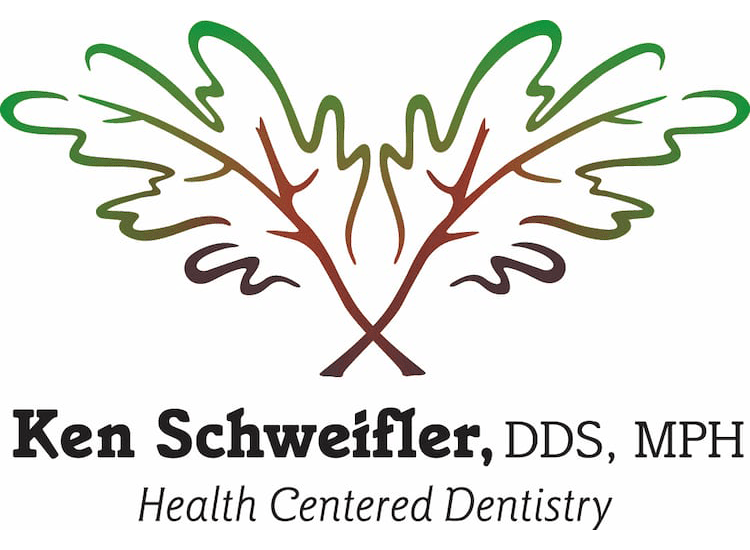Dr. Ken Schweifler is a general dentist serving Mountain View with advanced training in the diagnosis and treatment of TMJ disorders. He is able to provide a comprehensive, personalized approach to addressing discomfort, bite problems, and other issues related to a TMJ disorder. It is not uncommon for patients to be suffering from jaw pain, difficulty chewing, neck pain a d frequent headaches. All of these symptoms can indicate that there is dysfunction in your temporomandibular joints, which connect the lower jaw to the skull and facilitate chewing and speaking.
Signs & Symptoms of TMJ
Seeking treatment for a TMJ disorder as soon as symptoms are noticeable can help you avoid tooth and jaw joint damage. Common signs can include:
- Jaw discomfort or pain
- Clicking or popping jaw joints
- Difficulty chewing properly
- Frequent headaches, especially in the morning
- Ear pain or a feeling of fullness in the ears
- Neck and shoulder muscle tightness or pain
- Chipped or cracked teeth
Dr. Schweifler looks for the oral signs of TMJ disorders during routine dental exams such as teeth that appear worn or are damaged. Tooth damage and wear are also the result of teeth grinding, another common symptom of a bite problem, or TMJ. In many cases, patients are unaware that they are grinding their teeth or clenching their jaw during sleep or when feeling stressed. TMJ disorders and associated teeth grinding can cause permanent damage to the teeth, gums, or jaw joints if left untreated. If you are concerned about your dental health, experience any of these symptoms, or have an uncomfortable bite schedule an appointment with Dr. Schweifler.
Treatment for TMJ in Mountain View
The key to a lasting result is a thorough and personalized approach to your TMJ related concerns. Dr. Schweifler has the experience and training necessary to identify the cause of your temporomandibular disorder and to create a treatment plan to meet your needs. Treatment options will depend on the severity of your bite problem and any damage or related concerns.
- Custom nightguard: a nightguard or mouthguard is the most conservative approach to treating a TMJ disorder. Customized to each patient, a mouthguard will be designed to allow the jaw to rest in a relaxed position and to prevent teeth grinding.
- Restorative dentistry: if teeth are damaged or misshapen and not making proper contact, tooth bonding and other restorative treatments can be used to rebalance the bite.
- Orthodontics: in many cases, malocclusion is the underlying cause of a TMJ disorder. Dr. Schweifler may recommend orthodontics to straighten teeth and improve bite function.
- Jaw surgery: for severe cases where there is a jaw structure problem, oral surgery may be recommended to resolve a bite problem.
